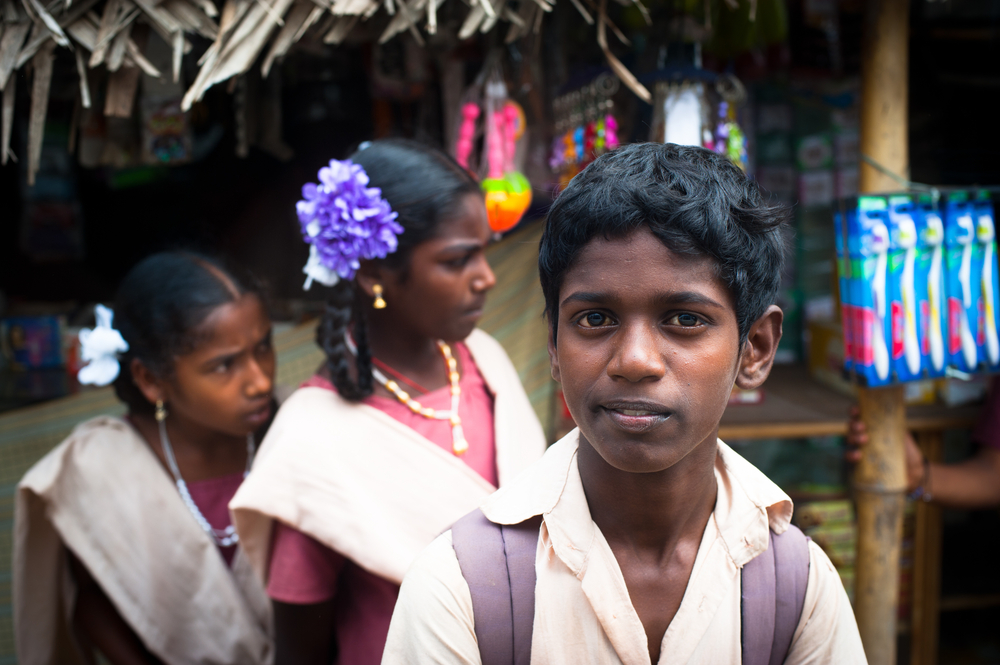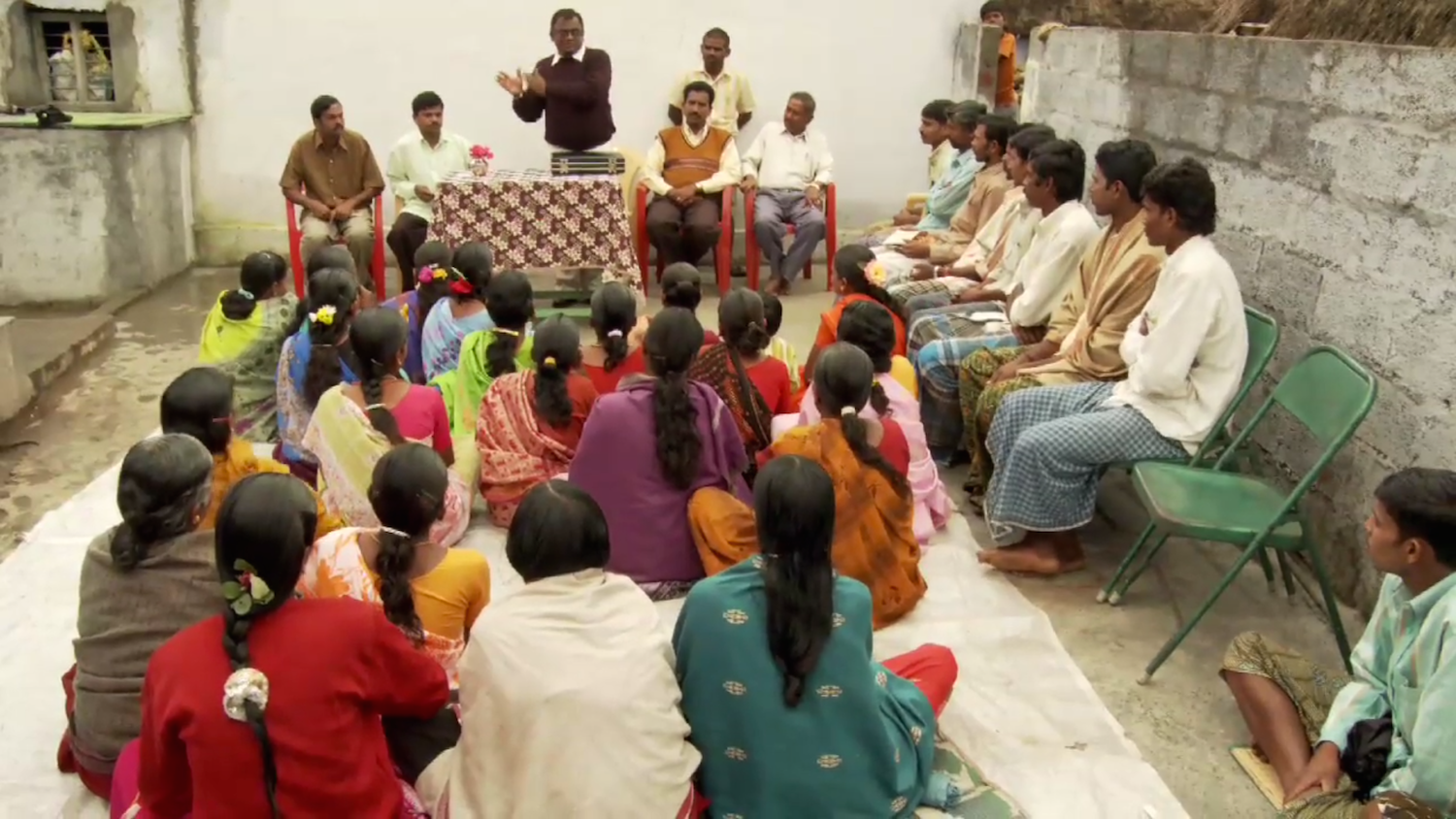GST in Tamil Cinema: Good Start and a Bad Climax

Yes to GST, No to LBET
Tamil Nadu has become the State with the highest tax on movie tickets. Under GST regime, movie tickets above Rs. 100 are taxed at 28% and tickets below Rs.100 are taxed at 18%.
In July this year, over 1100 theatres across Tamil Nadu remained shut to protest against the State Government’s proposal to impose local body tax of 30% in addition to 28% GST. The protest was later called off after a committee of State Government officials and representatives of Theatre association were formed to sort out the issue.
“One Nation, Many Taxes”
However, in Sept 2017, the Government of Tamil Nadu issued an order imposing a Local Body Entertainment Tax (LBET) of 10% on Tamil cinemas and 20% on Other Language Films (OLF) over and above the GST rates. Also, the re-release of old Tamil and other language films are taxed at 7% and 14% respectively adding GST.
The imposition of local body tax over and above the GST had once again sparked widespread criticism from across the film industry.
In the week leading to Diwali, the State Government was forced to reduce the LBET on Tamil films from 10% to 8% ending a week-long protest by the Tamil Film Producers Council (TFPC) and also paving way for the release of Vijay Prasad’s ‘Mersal’ for Diwali. However, non-Tamil movies still continued to be taxed at 20%.
As a mark of protest against the “double taxation”, the Multiplex Association of India (MAI) remains closed since Oct 3, 2017. The members of the association include PVR and INOX cinemas which have 5 multiplexes and 27 screens in Chennai. The association feels that local body taxation circumvents that principle of GST which works on “One Nation, One Tax” principle.
However, the State Government offered some reprieve to theatre owners in the form of ticket price revision. As per the Government order, the maximum and minimum price of tickets in multiplexes with AC has been fixed at Rs. 150/- and Rs. 50/- respectively as against Rs. 120/- and Rs. 10/- earlier. For single screen AC theatres, the price is revised to Rs. 100/- and Rs. 40/- and the ticket prices for non-AC theatres have been fixed at Rs. 80/- and Rs. 30/-.
Ticket price revision in Tamil Nadu comes after 10 years, with the State Government earlier capping the maximum price at Rs. 120/- for multiplexes and Rs. 100/- for single screen theatres irrespective of the language.
Under revised rates, a single ticket in Multiplex will cost Rs. 204/-{Rs.150*36%} including 28% GST and 8% LBET. In case of online booking, the consumers have to shell out Rs.30/- in addition to internet handling charges. Tickets for other language films will cost Rs. 222/- under the revised rates.
Entertainment Gets Costlier
The local body taxes over and above GST and the ticket price revision has come at a most inopportune time when the Tamil film industry is already witnessing high piracy rates and reduced footfall in movie halls. Ultimately, the impact of local body taxes over GST and the high ticket prices will be borne by the consumer whose entertainment comes at a heavy price.




